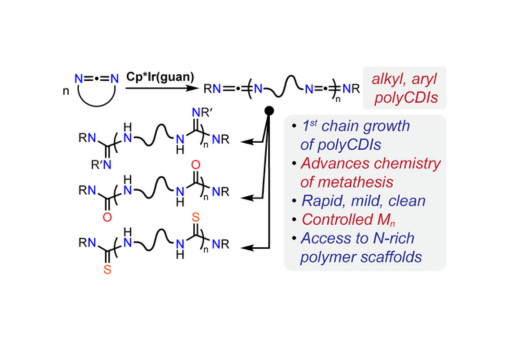
Sergei Sheiko
George A. Bush, Jr. Distinguished Professor
Caudill Laboratories 157919-843-5270
sergei@email.unc.edu
Group Website
Curriculum Vitae
Research Interests
Tissue-Adaptive Materials, Programmable Materials Design, and Reconfigurable Polymer Networks
Research Synopsis
Materials science strives for intelligent soft materials that are able to sense, process, and adapt to their environment. Applications range from tissue engineering and microelectronics to renewable energy and climate change.
Within this broad area of research, we are particularly interested in the programmable design of tissue-mimetic materials for biomedical devices, soft robotics, and wearable electronics. We want to develop macromolecules that self-assemble to elastomers and gels that precisely replicate the mechanics of living tissues ranging from brain to skin. Unlike conventional trial-and-error experimentation with chemical formulations, our approach is based on encoding materials properties in molecular architecture. In line with artificial intelligence, the design-by-architecture approach enables the efficient synthesis of well-defined materials with predictable properties that can be adjusted on demand for customizable applications, particularly personalized medicine. We are currently developing chemistry for minimally invasive injection and insertion of non-leaching implants to the human body followed by an adaptive matching to the surrounding tissue mechanics. This platform can be readily extended to 3D printing, injection molding of biomedical devices, and waste-free plastics upcycling.
Professional Background
Fellow, American Physical Society, 2010, Professor, University of North Carolina at Chapel Hill, 2001-present, Habilitation - University of Ulm, Germany, 2001, Postdoctoral Fellow - University of Twente, The Netherlands, 1991-1993, PhD - Institute of Chemical Physics of the Russian Academy of Sciences, 1991, BS - Moscow Physico-Technical Institute, 1986.
Research Group
News & Publications

A research team has tackled a long-standing challenge in hydrogel technology: creating materials that hold large amounts of water without losing strength.

Here we report a strategy that begins to address this limitation founded on a mechanistic discovery: ring-opening metathesis polymerization (ROMP) of carbodiimides followed by carbodiimide derivatization.


